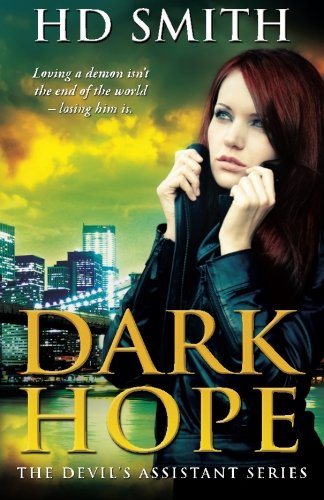Let’s face it. Pinterest is both awesome and horrifying. Amazing because, if there’s something you need to make, odds are you’ll be able to find detailed directions for how to make it ten times better than you ever imagined. Horrifying because, now that you know it can be done so much better, you’ll be guilted into spending ten times longer on the project than you’d originally planned. And probably nine times longer than you had in the first place. Anything else would be lazy, right?
You’ve probably guessed by now that Pinterest and I have had a recent falling out. The holidays are already an insanely busy time, but throw in your child’s birthday party and madness turns to chaos. Still, I thought we were doing fine. My son had picked a theme, and we’d actually found a few decorations and tableware at the party shop. We picked a date and sent out the invitations. We decided on the food, but then I wondered what sort of drinks were fitting for a cowboy party. And what sort of games the kids should play. That’s when I made the mistake of searching Pinterest for kid’s cowboy birthday party.
Apparently I should have hand made those invitations instead of creating electronic ones. And those silly paper decorations were sacrilege. Everyone knows you’re supposed to collect boxes for weeks leading up to the event and create an entire western village from them. Hay bales are a must for an awesome photo shoot with the guests. For the games, a pretend horse for roping must be constructed from that sawhorse you happen to have lying around, craft fabric, stuffing, and three rolls of yarn. Also, hobby horses must crafted in the same manner for a horse race. Don’t even think about using those brooms you have lying around; are you insane?
Honestly, if these sound like great ideas to you, then that’s great! Go you. For the stressed out parents like me, I think a little dose of reality might help. How many parties have you been to where the parents did all of these things? For me, the answer is two. Not just since I’ve had a child but over my entire life. So, odds are, my son’s not going to grow up thinking I don’t love him, and his friends aren’t going to refuse to come to his parties because I haven’t managed to recreate the wild west in our backyard.
Also, thinking back to those parties, things didn’t go any better for all the preparation than at any others. We are, after all, talking about small children (in our case, mostly young boys). A few children will decide that cactus juice is disgusting, no matter how many times you explain that it’s really just lime soda with ice cream. Little Sarah will refuse to play in any and all games and shyly clutch at her mom’s legs for the entire party. John and Marty will decide it is more fun to pretend the hobby horses are swords, and someone will end up with a black eye. An exhausted Landon will stumble into the wild west setting, crumpling everything beyond recognition. No one will want to wait their turn, and someone will decide it’s time to check out the presents when no one’s looking.
So what do you do? In the end I decided my paper decorations were fine. They were inexpensive, recyclable, and I didn’t spend too much time on them. So, when they started falling or getting pulled down, I really wasn’t that bothered. We went simple with fruit and a burger and hotdog bar which was a pretty big hit with the notoriously picky preschool set. Then we just let the kids play. I had a few simple games set aside in case things lagged, but in the midst of the party I remembered something I’d forgotten. Kids this age really just want to do their own thing and play with other kids. And have cake. Definitely don’t forget the cake.







